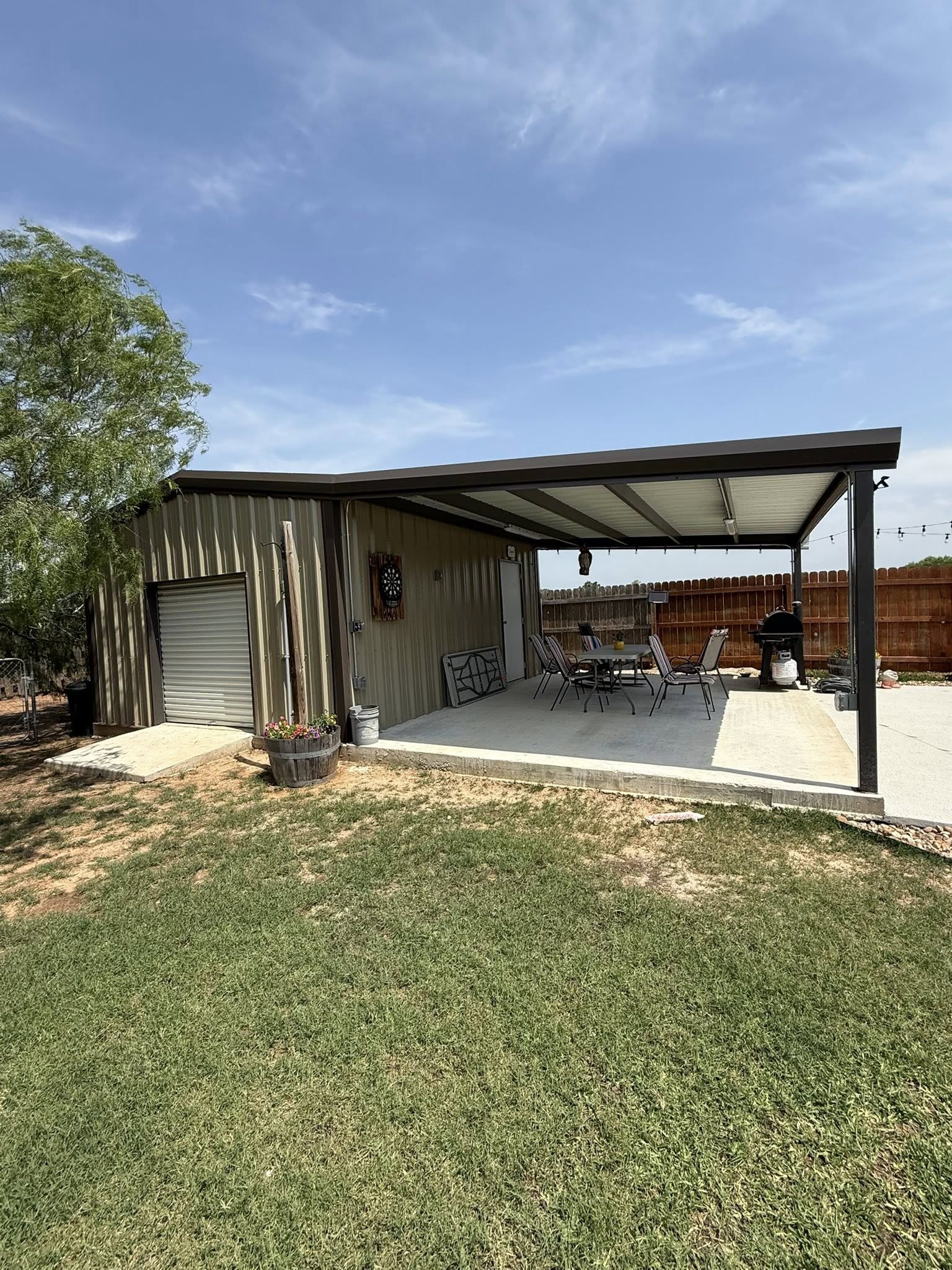
Choosing the Right Materials: Tips for Your Next Welding Project Oct 03, 2025
When embarking on your welding project, the first decision is choosing between ferrous and non-ferrous metals. Ferrous metals like steel and iron contain iron, making them strong, durable, and ideal for infrastructure and industrial projects. Their superior strength makes them a popular choice, but they are prone to corrosion. Non-ferrous metals, such as aluminum and copper, however, are lightweight and resistant to rust, making them perfect for aesthetic projects and applications where weight is a consideration.
Next, consider the mechanical properties required in your project. Think about tensile strength, hardness, and malleability. Steel offers robustness and can handle heavy loads, making it suitable for construction frameworks. On the other hand, aluminum’s superior malleability makes it easier to shape and adapt, a great advantage in aerospace and automotive industries where design flexibility is crucial. Knowing these properties helps you make informed decisions about which material will perform best under your specific circumstances.
For welding processes, the thickness of the material is crucial. Thinner materials, such as sheet metals, require finesse and precise heat control to prevent burn-through. In contrast, thicker pieces demand higher heat levels and might call for specialized welding techniques to ensure complete fusion. Matching your welding equipment and processes to the material thickness is critical for achieving the best results.
Corrosion resistance is another significant factor, especially for projects exposed to the elements. Stainless steel, with its chromium content, can resist corrosion and is perfect for outdoor installations. If budget concerns steer your choice away from stainless steel, consider coating or painting ferrous metals to add a layer of protection against rust.
Compatibility between materials should not be overlooked. Galvanic corrosion can occur when dissimilar metals come into contact, especially in moist conditions. This reaction is an electrochemical process that can rapidly degrade joint integrity. Employing insulating materials or choosing a similar elemental base can minimize these risks.
Once you've selected the materials, ensure the welding filler material is compatible with both the base metal and the welding process. This compatibility is crucial for creating strong, reliable welds that can withstand applied stresses and environmental factors.
At Roadrunner Welding & Construction, we stress the importance of safety. The properties of different materials can influence safety procedures, especially concerning ventilation and protective gear. Always consider the health implications of fumes from specific metals and adjust your safety protocols accordingly.
Finally, weighing your project's cost against the benefits of material quality is vital. High-quality materials with proven durability might involve a higher upfront investment, but they often result in reduced maintenance and repair costs, achieving long-term savings.
In conclusion, selecting the right materials for your welding project at Roadrunner Welding & Construction involves a balanced consideration of strength, application, cost, and safety. By understanding material properties, project requirements, and environmental exposure, you can make choices that contribute to a successful and enduring project. Let us collaborate with you to ensure your next welding project stands the test of time, reflecting both excellence and durability.
/filters:no_upscale()/filters:format(webp)/media/6834f5da-dac1-4864-83c7-5969557166ee.jpeg)